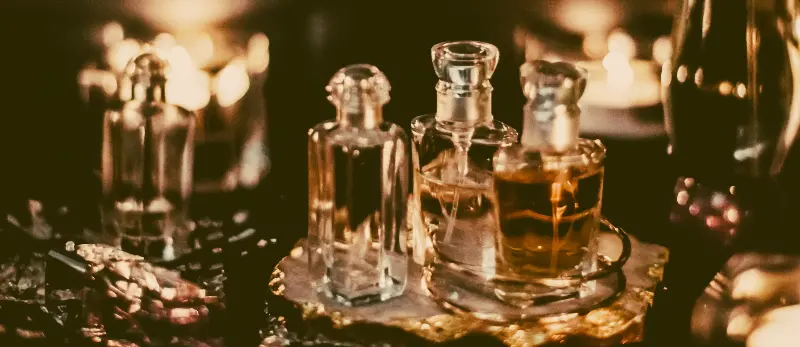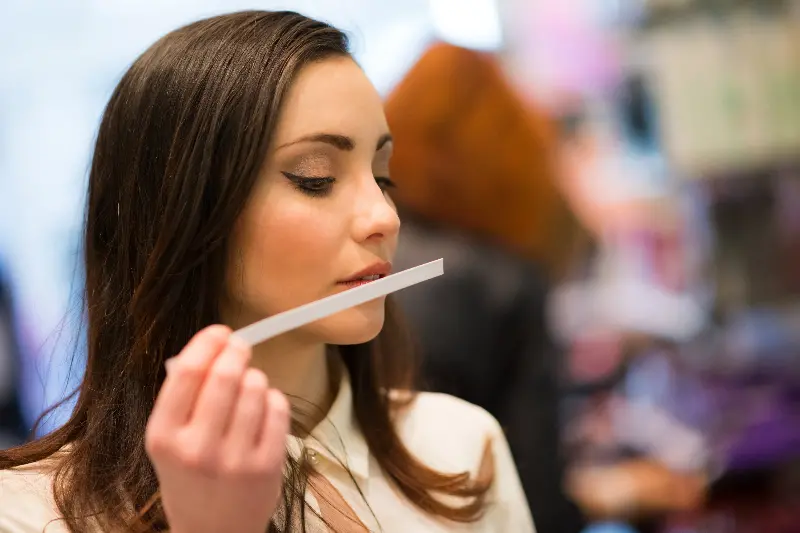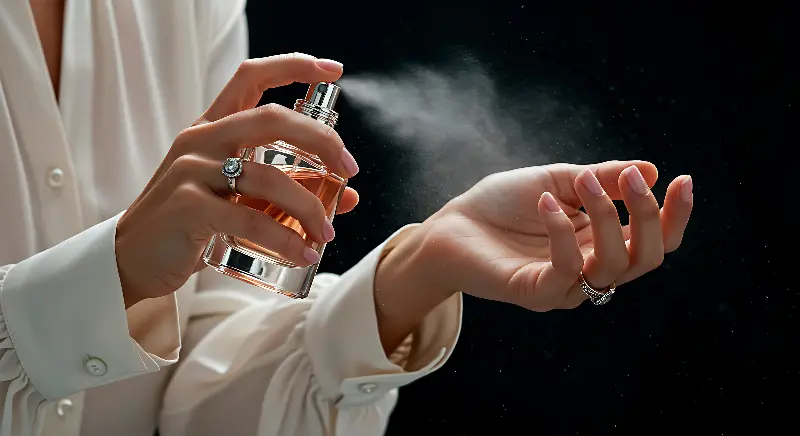Stepping into a perfume shop can be a dizzying experience—shelves lined with shimmering bottles, enticing names promising everything from a captivating romance to a breezy summer day. But as you scan those tiny glass wonders, you're likely faced with a familiar question: should you go for perfume, cologne, or eau de toilette? Each word rolls off the tongue but carries a cloud of confusion about strength, longevity, and even who should wear what. Fortunately, discovering which scent is right for you is less about mystery and more about a few well-kept industry secrets.

Fragrance Fundamentals: Unpacking The Differences
Let’s demystify three of the most popular fragrance types you’ll encounter: perfume, cologne, and eau de toilette. The core distinction lies in their concentration of aromatic oils—a detail that determines their intensity, staying power, and suitability for different occasions.
Perfume (or parfum) is the most potent of the trio. It usually contains between 20% to 30% pure fragrance essence. This high concentration gives it a rich, enduring character that can linger on the skin for up to eight hours or more. For special evenings out or when you want your presence to leave a memorable trail, perfume is the ultimate statement.
Eau de toilette, on the other hand, holds a lower concentration, around 5% to 15%. This makes the scent lighter, fresher, and generally more suitable for daily wear or warmer climates. Most eau de toilette fragrances will last between three to five hours—perfect for an office setting or daytime activities where you want your scent to be present but not overpowering.
Cologne, traditionally known as “eau de cologne,” often carries the lowest concentration of essential oils at about 2% to 4%. Originally, colognes were designed with crisp, citrusy, and herbaceous notes—think invigorating, clean, and utterly refreshing. The lighter formula makes cologne terrific for those who don’t want to feel their fragrance all day or for easy, carefree spritzes after a gym session or just before heading out the door.

Debunking Gendered Myths Around Fragrance
It’s a common misconception that “perfume” is exclusively for women, while “cologne” is for men. These terms have more to do with tradition and marketing than with any perfumed law. In fact, scent is a thoroughly personal choice and has no fixed gender. Today, more fragrance houses produce unisex options, focusing on ingredients and the wearer’s personal style rather than unnecessary labels.
Colognes are cherished by women and men alike for their sparkling freshness, while many men confidently wear perfumes, appreciating the richness and depth they provide. So, instead of letting labels dictate your choice, consider the mood and setting you’re aiming for and which scents naturally resonate with you.

Choosing The Scent That Suits Your Lifestyle
Finding your signature scent can be as personal as choosing your wardrobe. Think about when and where you plan to wear your fragrance, as well as the impression you’d like to leave.
If you’re after an all-day scent with depth—something that can carry you from a morning meeting through to an elegant dinner—perfume is the ultimate companion. Its higher concentration means fewer reapplications, making it a luxurious but practical pick for busy days or travel. Plus, perfume interacts uniquely with your skin’s chemistry, often unfolding new notes and surprises as the hours go by.
For those who are active or prefer their fragrance in subtle doses, eau de toilette’s lighter structure is nicely adaptable. It is ideal for freshening up between activities, layering different scents, or just adding a gentle, pleasant hint of aroma before stepping out into the world. Eau de toilette is also wallet-friendly, making it easier to experiment with different bottles for different moods or seasons.
Cologne, meanwhile, is your go-to when you’re in the mood for something bright, invigorating, or distinctly “just showered.” Its fleeting nature is a plus for those who want fragrance without commitment, or for occasions when a whisper of scent is just enough. Some enjoy reapplying cologne as a refreshing pick-me-up throughout the day—it’s the spritz equivalent of a cool breeze.

Pro Tips For Picking And Wearing Your Fragrance
When shopping for a new fragrance, resist the urge to rush. Rather than judging a scent immediately, spray a small amount on your wrist and let it settle. The “top notes”—the initial burst you smell—fade after about 10 minutes, revealing the truer character of the fragrance, known as the “heart” or “middle notes.” Finally, the “base notes” will come forward, lingering on your skin for hours.
Consider the season, as heavy, spicy scents can feel overwhelming in summer, while light citrus might get lost in winter. Many people even build a scent wardrobe, switching up their fragrance depending on the mood or weather.
Don’t overdo it. The sense of smell is sensitive—a little really does go a long way. A spray on your pulse points (wrists, neck, and behind the ears) is usually all you need for a subtle yet inviting presence.

Embracing The World Of Scent
Ultimately, finding the right fragrance is less about following rules and more about curiosity, experience, and a generous dash of personal taste. With so many beautiful blends available, embracing perfume, eau de toilette, or cologne is a delightful opportunity to express yourself, capture memories, and add an invisible yet unforgettable touch to your style.
So next time you’re surrounded by bottles, remember: choosing your scent is simply about enhancing how you feel. Let your nose—and your mood—take the lead, and don’t be afraid to be a little adventurous. You might just discover a new side of yourself, one spritz at a time.
